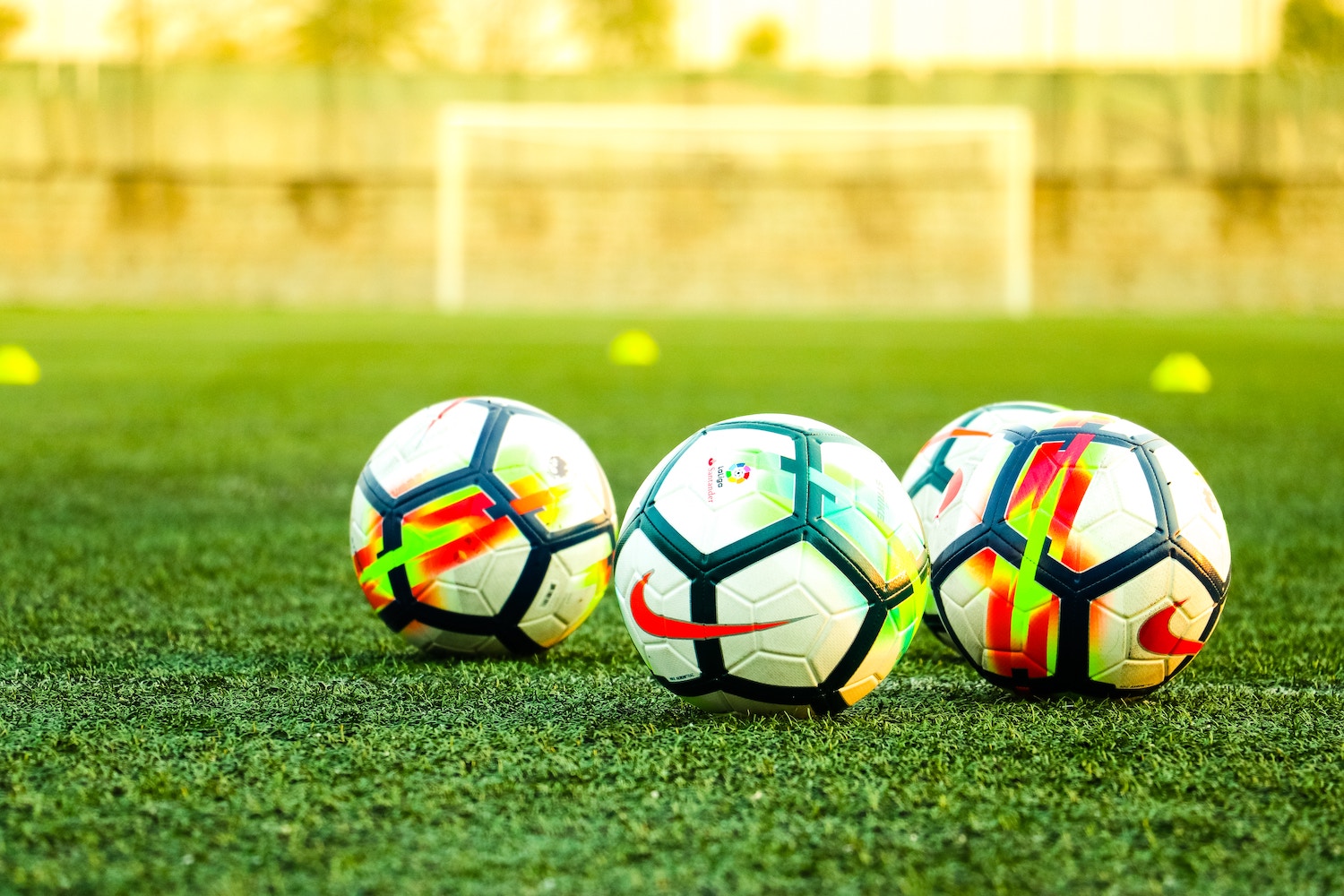Twenty-five years ago, social media influencer wasn’t a career title, personal mistakes weren’t plastered online for the world to see, and communication wasn’t instantaneous and reactions even faster. In 2019, however, the world is well aware of how quickly information travels.
While social media has provided us with an effective way to share products, memes, and opinions, it can also spotlight offensive behavior.
According to Pew Research Center, in 2018, 88% of 18- to 29-year-olds indicated that they used some of form of social media. Whether they’re tweeting, snapping, or posting, students in this age category are consistently sharing opinions and influencing one another.
Few student opinions, however, are as highly scrutinized in the public-eye as those of student-athletes. Like other young students, many student-athletes fail to realize that carelessly posting to social media can negatively influence their scholarship, future opportunities, careers, and relationships.
Knowing this, many schools are finding that monitoring athletes’ social media accounts ensures success by
1. Establishing expectations
A coach’s job is to communicate expectations so that student-athletes can reach success. Establishing and enforcing guidelines for social media is no different. Because student-athletes are often admired and well-known, it’s not unusual for them to be put in a position to defend the opinions they post. Communicating expectations before these situations arise can help them avoid unwanted circumstances and prepare them to address the ones that do. Just like any other form of coaching, communicating how student-athletes should be using social media and enforcing those expectations helps ensure success.
2. Providing consistency
A growing number of universities provide students with a Student Social Media Code of Conduct. These Social Media Codes of Conduct establish what is expected of students and the details of what is or isn’t considered acceptable behavior. Many schools expand on these expectations and provide specific social media codes of conduct for student-athletes. Ensuring that the rules addressed in the code of conduct highlight unacceptable online behavior, just as they would any other behavior, if the code of conduct is violated the school has clearly stated the consequences of such behavior. While a few still argue that monitoring athletes’ social media accounts is a violation of privacy, most see the benefit in providing consistent expectations. Encouraging and enforcing a positive online presence is in the best interest of all parties.
3. Protecting schools’ and students’ reputations
Student-athletes are put into extraordinary roles. Between their athletic and student obligations, these young people carry a tremendous amount of responsibility. Tack on the role of now being a highly visible school ambassador and the liability becomes almost too much to handle for some of these student-athletes.
Providing student-athletes with social media monitoring assists them in managing this responsibility, protecting the school and student from the harsh consequences that can result from an emotion-driven or careless post. While monitoring is not put in place to keep students quiet, it helps stop careless posting that could potentially damage reputations and future opportunities. Ultimately, social media monitoring serves as a reminder to pause before posting, proving a successful filter to harmful postings.
Tools for Success
Initially, the idea of social media monitoring can be met with disdain. However, there are a few tools that prevent the uncertainty felt by student-athletes, including
- A Social Media Code of Conduct- Providing student-athletes with a code of conduct helps them understand what is expected of them.
- Consistent and standard practices for monitoring - Consistency helps prevent misunderstanding. When students understand various monitoring methods before the process begins, it creates a sense of expectation and relinquishes assumptions of bias.
- Known and communicated consequences - When consequences are clear ahead of time, student-athletes are more likely to follow the established guidelines.
Conclusion
Student-athletes have a unique platform and are often spokespeople for their universities. Through social media monitoring and awareness, student-athletes learn how to utilize their platform to make a positive impact and reduce the negative consequences of thoughtless social media content not only as a student-athlete but when they are seeking career opportunities after college.
For more information on how we’ve helped other athletic departments, contact Social Media 23.
